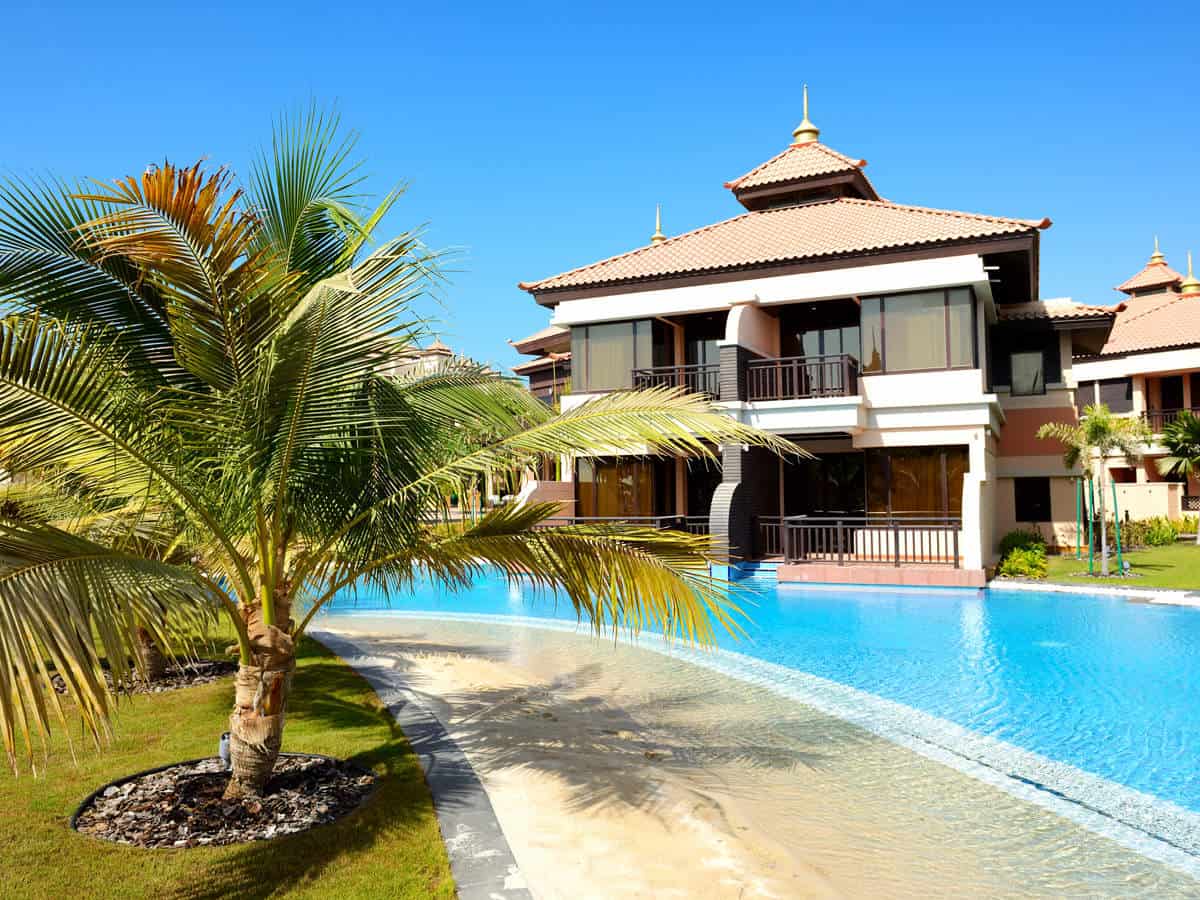For a moment, the Covid-19 pandemic appeared to have posed a challenge to the tenacity of the growing real estate market in the Middle East as people started to work from home. But the markets have weathered the storm, by and large.
Cities in the Middle East are overgrowing, with Dubai and Riyadh ranking among the top 20 cities in JLL 2020 Momentum City Index, a global commercial real estate services company that ranks the world’s most dynamic cities in terms of real estate. The growth, experts say, will continue.
UAE real estate’s tenacity
The UAE has seen a record amount of real estate sales in the first six months of 2021, with transactions worth about $20bn, a 40 percent raise over the previous year.
Most of the real estate activity in the UAE was focused on well-established and new villas, with increased demand following the spread of the pandemic to a larger area, as well as lower interest rates in the current market.
The VPI residential capital values increased in Q1 2021. According to a Value Strat price index, Middle East’s leading consulting group, residential capital values increased by 3.8 percent sequentially.
villas led the way with a 7 percent quarterly increase and a 6.3 percent year-over-year gain. In addition, villa rents grew by 9.5 percent quarterly, while apartment rents increased by 4.6 percent.
Changing investment landscape
Imran Sheikh, a real estate expert, confirmed to TRENDSMENA confirmed the rise in villa sales in Dubai, pointing out that COVID-19 has changed the pattern of real estate of interest to buyers, as large villas with private gardens have become incredibly more desirable after the restrictions imposed by the pandemic. He also said that most of the new villa projects in Dubai were being sold before the projects were completed and that sales transactions grew by more than 40 percent and property prices alone have increased by about 10 percent in Dubai over the last year, with specific communities seeing much higher increases.
Regarding international buyers, Imran noted that they were impressed by how the UAE dealt with the outbreak, which gave greater confidence to them to invest in real estate in Dubai and Abu Dhabi.
Imran also stated that there needs to be an increase in the standard and quality of service brokers are providing especially to international buyers.
A leading business Hub
- Imran said the UAE’s real estate market developed due to the government’s proactive approach in managing the pandemic, favorable rules and regulations, ease of doing business, adequate legal framework and higher quality better-designed products.
Realignment of prices
ICD Brookfield’s expansion of 900,000 sq ft of office space is expected to increase competition in the Dubai office real estate market, with downward pressure on rents. In addition, Imran states that the fact that Dubai attracts families, location will be very important as we are more likely to see a continued increase in the demand for units with proximity to good schools as well as beachfront properties.
On the other hand, “Expo Dubai 2020” will be a perfect opportunity for real estate developers to introduce attractive investment opportunities in the real estate sector in Dubai and the entire Emirates, following the government’s successful marketing of the World Expo Organization, which ensures a significant presence of foreigners during the six months of the exhibition.
Improvements for future
Imran added that the UAE’s real estate market is improving and could become more attractive by lowering and regulating fees, improving the quality of newly built properties to attract foreign investors, and limiting market supply.
Investors contributed more than $44.37bn into the purchase and financing of various real estate between housing, buildings, and lands located in multiple regions of Dubai since the beginning of 2021, allowing the market to continue recording historical trading volumes never seen before.
In addition, the amount of money invested during that period was higher than its equivalents in the previous five years, with a 68 percent increase compared to the same period in 2020.
Saudi real estate market
Saudi Arabia has a different demographic structure than other countries. Unlike the Emirates, there is a shortage of housing units in Saudi Arabia.
The real estate sector contributed around $14.18bn, or 14.2 percent of GDP, in Q4 2020, ranking third as the most contributing economic activity to GDP.
The real estate market ended the first seven months of the current year with a 28.6 percent growth, bringing the total value of market deals to $32.69bn, compared to around $25.41bn for the same period the previous year.
During the same period, the value of residential sector transactions increased by 13 percent year on year. The considerable increase in the total value of local real estate market deals is due to the return of economic activities compared to the same period last year when several measures were undertaken to limit the spread of the Coronavirus.
The National Housing Company, Saudi Arabia’s investment and enabling arm for housing supply, revealed plans to participate in Saudi’s real estate sector development to achieve “Vision 2030” until 2025.
The plan includes:
- Increasing the supply of various housing units and working to improve the contribution to the GDP.
- Strengthening partnerships with the private sector, particularly real estate developers.
- Stimulating the real estate sector to provide more job opportunities for Saudi youth.
The company has developed a unique plan for each project within its strategy, which aims to maximize the role of the real estate sector in the national economy, as it seeks to increase real estate supply by more than 300,000 units and contribute to an increase in GDP of more than $48bn by 2025.

